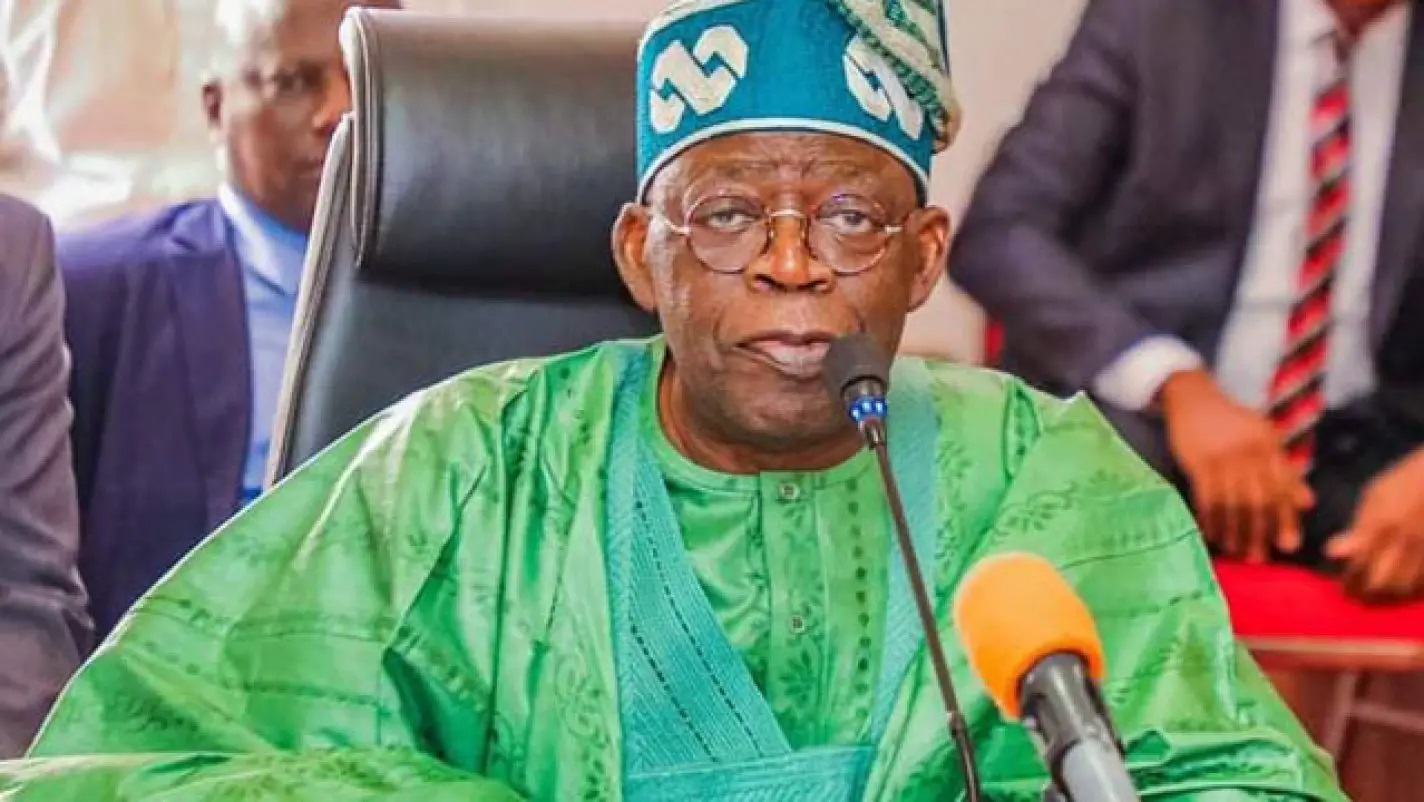Advocates of coups and bloody revolution are Nigeria’s enemies
Fantasy, you call it, romanticizing the unhealthy idea of a bloody change of government in Nigeria has become the pastime, especially among Generation Z and selfish power mongers. Those who are dreaming that they will wake up one morning to hear martial music over their transistor radio will be put to shame. In their weird […]

President Bola Tinubu
Fantasy, you call it, romanticizing the unhealthy idea of a bloody change of government in Nigeria has become the pastime, especially among Generation Z and selfish power mongers. Those who are dreaming that they will wake up one morning to hear martial music over their transistor radio will be put to shame.
In their weird imagination, a messiah wearing military camouflage is enough to fix our problems. But it is a blatant lie. Those who bother to read history will tell you that coup d’etat begets coup d’etat. That violent revolution was accompanied by massive purges and execution of counter-revolutionaries.
One of the most illustrious revolutions in history was the French Revolution of 1789. To be fair, the revolution brought about far-reaching political and social changes not only in France but all over Europe. It led to the abolition of feudalism, and special privileges enjoyed by the first and second estates, for instance, in France. But on the downside, most of the leaders who spearheaded the revolution were executed and killed. They were tagged “Counter-revolutionaries” and killed. The next was that Napoleon Bonaparte emerged and unleashed war all over Europe that cost a lot of lives until he was defeated in 1815.
Russians experienced a revolution. But when Joseph Stalin succeeded V.I. Lenin, it was a reign of terror. The communist policy under Stalin led to the death of six million peasants by hunger and starvation; 15 million Russians were sent to prison, 250,000 were shot dead and 2.5 million peasants were exiled to Siberia.
In Africa, the model coup d’etat was that of Murtala Muhammad in Nigeria and Thomas Sankara in the Upper Volta. But the time and context were different compared to present-day Africa. In addition, these military leaders did not last long.
In Africa, we have a mentality of fantasising with short-lived rulers. In addition, you can hardly now pinpoint any surviving legacies of these rulers. This is the major shortcoming of authoritarianism. While democracy thrives through institutionalisation, strongman rule breeds a personality cult that never leads to any long-lasting impact. Strong rulers die with their legacies.
The military who delves into politics are the most corrupt elites in Africa. They are the enemies of Africa. In Nigeria for instance, one former military ruler couldn’t account for a $12 billion proceed of oil windfall. Another late military ruler squandered the humongous wealth of the country that some of his recovered loots are now being used to fund the renovation of Lagos-Ibadan Express Way, Abuja-Zaria-Kano Express Way, Second Niger Bridge and Abuja-Kaduna Standard Gauge Railway.
Military intervention in politics stirs instability, human rights violations, and economic and diplomatic crises. Say no to military rule. Our constitution specifically gives power to the people. Let us not mortgage our future.
Comrade Bishir Dauda wrote from Sabuwar Unguwa Katsina
